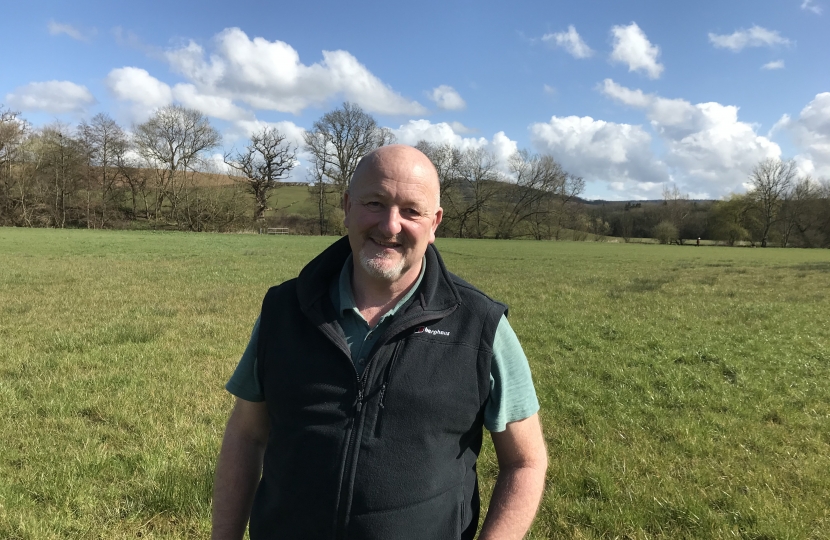
Events come and go, some of which we don’t even bat an eyelid over.
However, there are some that permeate the mind and can never be forgotten.
A meeting that I recently had with somebody living with Motor Neurone Disease (MND) and the Motor Neurone Disease Association (MNDA) was one of those occasions. The lady, who is facing her illness gallantly, spoke very movingly of what the future holds for people living with MND and the challenges that she has faced, which included a lengthy, drawn-out process to have her home adapted to meet her needs.
During the meeting, I learnt some sobering facts:
Following diagnosis, MND kills a third of people within one year, and more than half within two years. Currently, there is a 1 in 300 chance of being diagnosed with MND.
To contextualise this, if you have an arena with 10,000 people in it then 33 will develop MND at some point.
In a nutshell, MND affects the nerves called motor neurones in the brain and spinal cord. These nerves tell your muscles what to do. When motor neurones are damaged, it can affect the way your body works. This worsens over time and cruelly robs people of their speech and mobility – vital humanistic features that we too often take for granted.
Perhaps most importantly, there is no cure for MND and, despite huge scientific breakthroughs, the causes of MND remain largely unclear.
Frankly, it is a scandal that MND is still little understood by the wider population – and I am the first to admit not knowing some of these vital pieces of information until recently.
Listening to somebody living with MND highlight what life is like for her, and many others across Wales, convinced me that action is needed now to counter this indiscriminate disease to improve the lives of those living with it.
More action is needed quickly because MND will not wait. Therefore, I decided to become a Motor Neurone Disease Champion.
Currently, people living with MND across Wales are becoming trapped in inaccessible homes because they cannot afford or cannot access support for necessary adaptations. Some patients have died while waiting for alterations to be made, and we fear the pandemic has worsened the situation in many cases.
We want to see the delivery of safe and accessible homes for people with MND across Wales.
To do this I am calling on the Welsh Government to help local authorities put into place a transparent, fast-track, non-means tested process for adaptations for people with MND.
MND can be truly devastating for both those living with it and their families. It is clear to me that we need to do more to ensure their lives are not made more difficult. I know the difference good services can make to the lives of people living with MND.
Everyone with MND should be supported to maximise the quality of life they have left.

